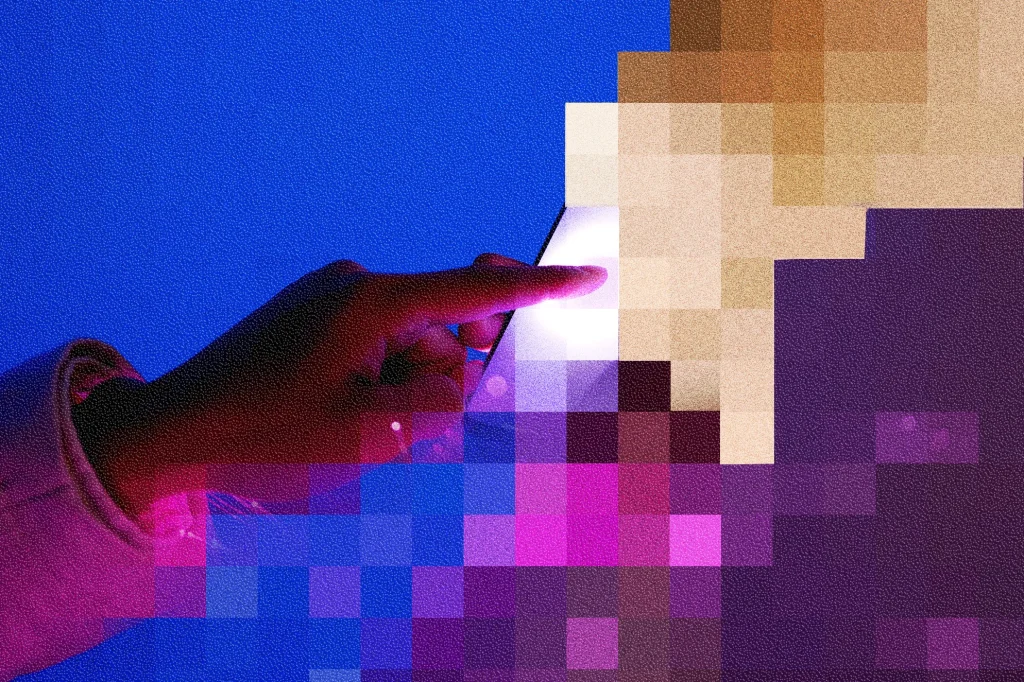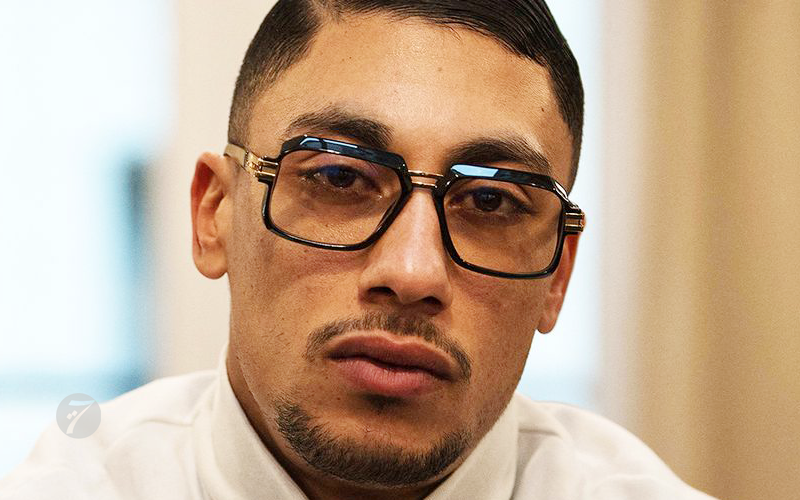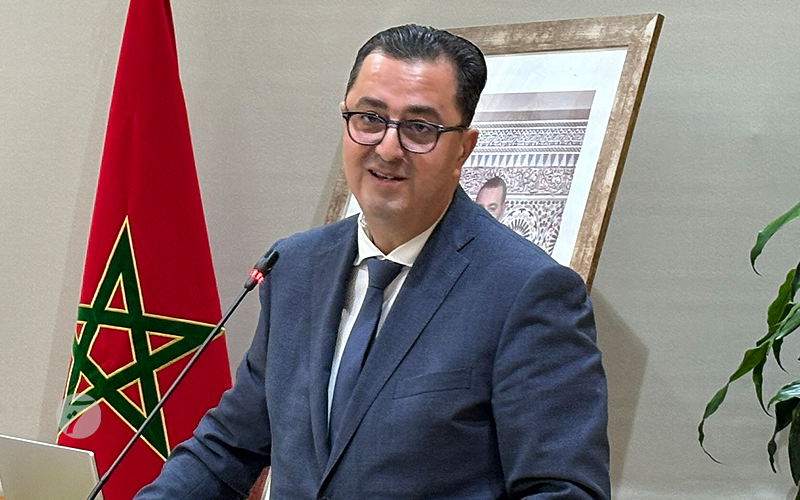OpenAI has announced plans to ease certain restrictions on its ChatGPT AI model, allowing the production of erotic content, termed “sexual art,” for adult users who can verify their age through an identification system, starting in December 2025.
This announcement was made by CEO Sam Altman, who described the update as part of the principle of “treating adult users like adults.”
According to Altman in a tweet on platform X, earlier versions of ChatGPT were heavily restricted to ensure caution regarding mental health issues. However, “erotica for verified adults” will now be permitted as a way to make AI more reflective of human behavior, focusing on user choice. Reuters confirmed that this update will also include other mature content, such as more candid discussions on personal topics, but only after age verification.
### Political and Commercial Context
The announcement comes a day after California Governor Gavin Newsom vetoed a bill aimed at protecting children from AI risks, raising questions about the timing. Reports indicate that Altman owns a company specializing in identity verification, which raises concerns about the commercial motivations behind the update, especially amid fierce competition in the AI sector.
According to an Axios report, OpenAI will emphasize additional security features, including allowing users to manually activate these features to prevent misuse. TechCrunch also noted that the company has now addressed previous mental health concerns, enabling expansion without significant risks.
### Reactions and Future Outlook
Some experts welcomed the move as a step towards more human-like AI, while others expressed concerns about the potentially unregulated spread of mature content. On Reddit, the announcement sparked discussions about whether this is a “good thing” or an attempt to promote adult content as a commercial feature. The free version of ChatGPT will remain available with restrictions, while advanced features will be offered to paid subscribers. Official details can be followed on OpenAI’s website.
Source
















